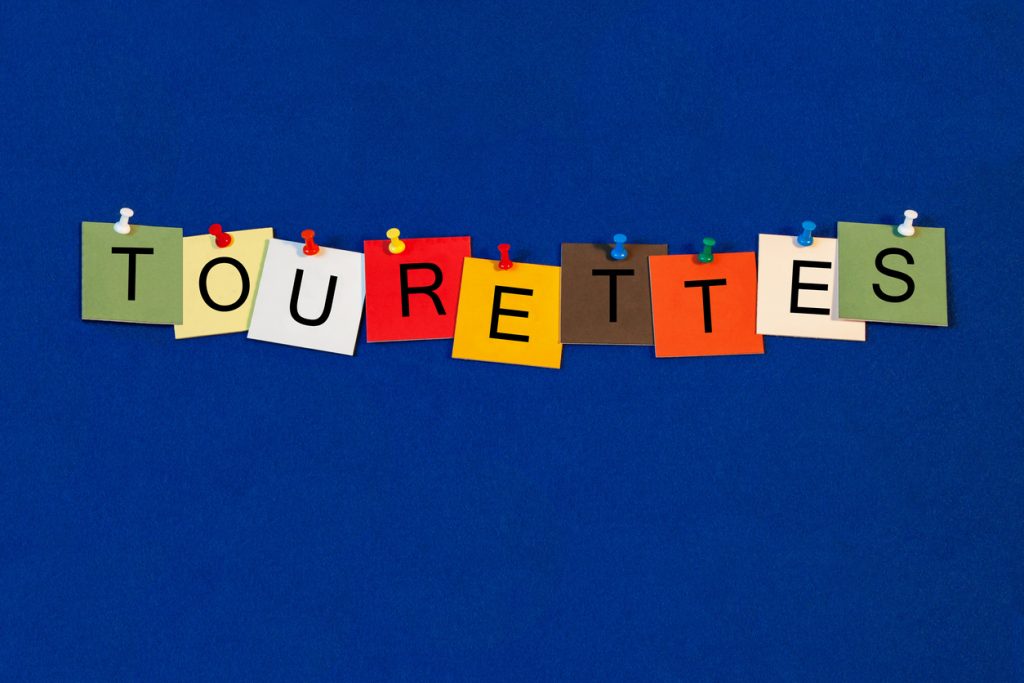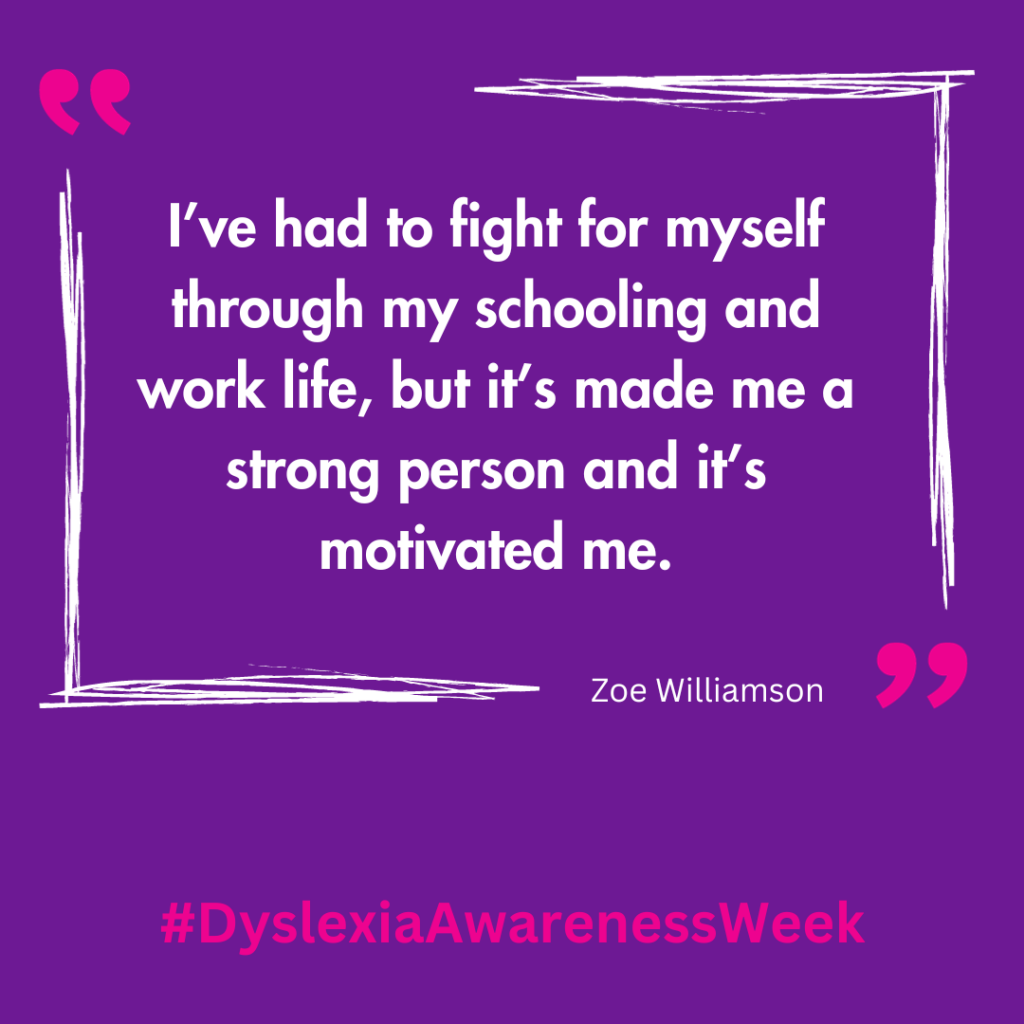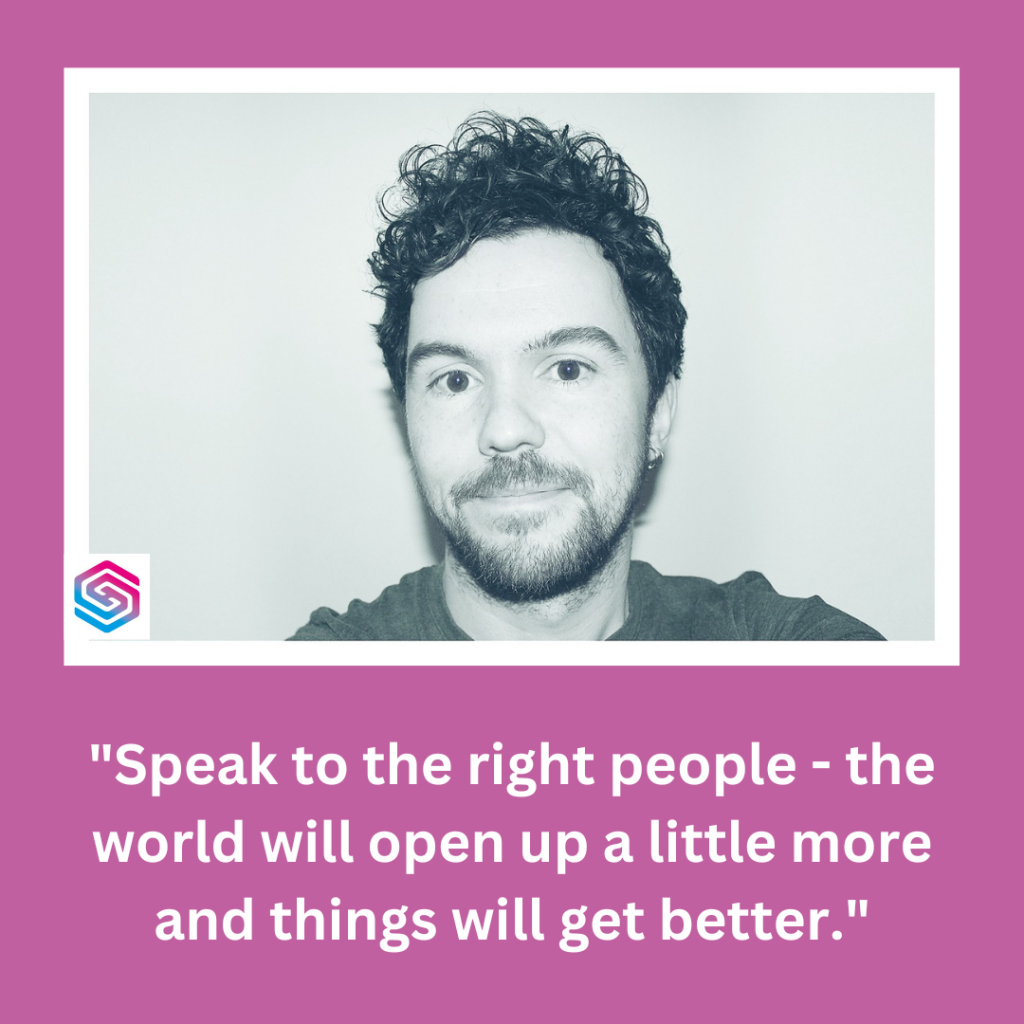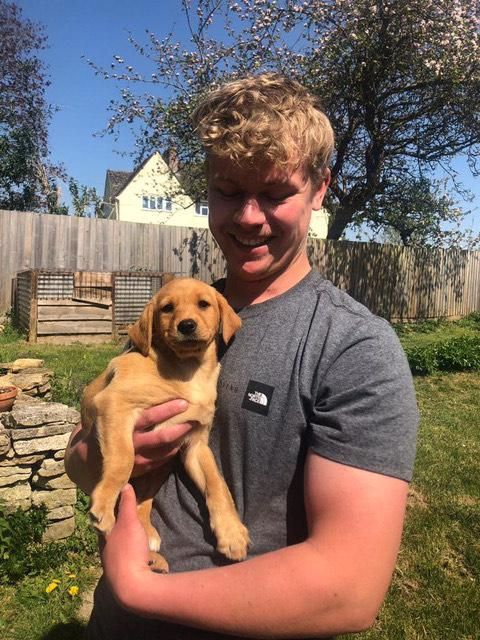Hidden Strength chats to Lily and Zach about how they deal with Tourette’s syndrome…
When did you first notice the signs of Tourette’s and when were you diagnosed?
Lily: “I started with signs of Tourette’s on February 19th, 2021. It started abruptly and scared me and my family quite a lot. I was then diagnosed with Tourette’s a year and a bit later.”
Zach: “I first started noticing that I had tics at the age of 9/10 years, but I didn’t know what they were or why I was doing them. I was diagnosed with Tourettes when I was around 11 years old.”
How did you feel when you were diagnosed with TS?
Zach: “It was a relief in many ways as I now had an answer for why I was making noises and movements that I couldn’t control. I didn’t really understand the condition so I educated myself more about TS which helped when people asked questions as I could then explain to them that I have Tourettes and that is why I do what I do.”
Lily: “For me, it was a relief to be diagnosed with Tourette’s. It took a while to come to terms with it beforehand, though. I found it quite intimidating, the idea that it might not go away. I didn’t want to have to explain myself to every new person I met. But, although some people won’t understand, many were accepting and being able to say, ‘I have Tourette’s’ helped in some way to make it easier.”
What treatment or therapy do you receive for your tics? And what have you found most helpful in dealing with your tics?
Lily: “For my tics, I take daily medication and have Cognitive Behavioural Therapy (CBT) every two weeks. The CBT also helps my anxiety, so tackling that has often helped decrease my tics as stress is a main trigger for tics. The most helpful thing I have learnt is awareness. If people understand my tics, and know I might say random words, or strange movements, I don’t tend to do them as much as I’m not stressed about what other people are thinking about me.”
Zach: “Being surrounded by a supportive family and friends is key. I also find great comfort in listening to music and swimming. I have swum competitively from a young age and noticed that when I was swimming, I wouldn’t tic. I find it very therapeutic. My love of the water continued when I finished swimming, and I qualified as a swimming teacher. I can’t change that I have Tourette’s so I found accepting and embracing my condition was a huge help for me. Meeting other people with Tourettes is a great help too as it makes you realise you are not alone. I have had support through CAMHS when I was first diagnosed and later down the line I was offered the option of medication if it was needed, but it wasn’t a route I wanted to go down at the time.”
Who can you talk to/lean on when things get tough?
Zach: “This one is easy…. my Mum, she’s my rock! Without a doubt my mum has been my biggest and best support. We have gone through this journey together and she supports, guides, and encourages me in everything I do. When I doubt myself, my mum is there with the right words to encourage me and help me see things in a different way. When things get too much, my mum is there to talk things through and help me break things down so I can tackle things one step at a time. If it wasn’t for my mum believing in me, I wouldn’t have achieved everything I have to date and I wouldn’t have the confidence to take on new opportunities and challenges. I’m very fortunate that I also have an amazing girlfriend and a wonderful wider family network who all support, guide, and encourage me.”
Lily: “My greatest support has been my family. My grandparents took me to a Tough Mudder so I could complete it with my local Tourette’s Support Group. My parents take me to Tourette’s Action’s Teen Fest and to London for Tourette’s Champion training. And my twin sister and brother who have never treated me differently no matter what the tics have done.”
How has TS affected your life – at home and at school/college/uni/work?
Lily: “Tourette’s has affected my life quite a bit. There isn’t a day I don’t tic. They get manageable then stress happens and I’m unable to even sit up because of the tics. I am on early study leave as I’d managed at max half a lesson then go into a long tic attack and need to go home. However, Tourette’s has also positively affected my life. I’ve met so many kind, amazing people and I have been fortunate enough to become a Tourette’s Champion for Tourette’s Action.”
Zach: “Home is my safe place. I can tic without judgement at home and around my family. Although I had a great group of understanding friends, I did have a difficult time at school with bullying due to my tics. This is where getting the diagnosis helped me. I had an answer and was able to explain to others why I do what I do. I also encountered adults within the education system that would react or say inappropriate things to me. I hoped when I left education and moved into employment that I would be able to leave a lot of this unwanted behaviour behind, but sadly this hasn’t always been the case. Whilst I have had some fantastic experiences in the work environment, there have also been challenging times where not everyone in the workplace has been understanding or accepting. TS is a complex neurological condition that is often misunderstood. The myths surrounding it, such as ‘all people with Tourette’s swear’ need to be dispelled. We need to raise more awareness and education around TS and advocate for those that live with it, and this is something I will always try to do. I’ve been very fortunate to have met some wonderful people through Tourettes Action that have become friends, and in doing so I had the opportunity to go to Finland last year and I also volunteer at the Tic Fests, Teen Fests, and adult weekend events with Tourettes Action. It really does help meeting others who live with TS. If I can make a difference for just one person, then I’ll be happy.”
What would you say to anyone who has just been diagnosed with TS?
Zach: “Embrace it. Don’t let it stop you doing anything you want to achieve. Take one day at a time and reach out for support. Tourettes Action are amazing, but there are also great support groups all over the UK. My favourite quote is by Dr Seuss: ‘Why fit in when you were born to stand out?’.”
Lily: “Meet other people with tics. Tourette’s can feel quite lonely if you don’t know anyone going through it as well. From my experience, just knowing I can tic around people that understood gave me confidence.”
What do you hope for your future, and how do you think TS might impact that?
Lily: “For my future, I hope to help people with the disorder. I know that there are many misconceptions when it comes to my condition, and I intend to try change that by promoting awareness, no matter how that might be.”
Zach: “I hope in the future there can be more acceptance and understanding and less stigma and misconceptions and I hope people can access a timely diagnosis and treatment. I’m getting involved in some amazing initiatives which I wouldn’t have had the opportunity to do if it wasn’t for my conditions… so watch this space as I can’t reveal all just yet! Remember, if you have met one person with Tourette’s, then you have met one person with Tourette’s. We’re not all the same.”
A huge thanks to Lily and Zach for talking to us about their experiences of Tourette’s syndrome. We wish them both a happy and healthy future.
Thanks also to Tourettes Action for all their help. May 15-June 15 is TS Awareness Month and Tourettes Action are working hard to raise awareness about Tourette’s and to dispel harmful myths. Discover more about Tourettes Action and follow the stories of five people with TS as they live their life in real time here: https://www.tourettes-action.org.uk/campaign/itswhatmakesmetic/?utm_source=homepage-redirect&utm_medium=website&utm_campaign=itswhatmakesmetic
If you, or someone you know, needs more support or advice about TS, click here.








